Table of Contents
Introduction to Cinnamon
Cinnamon is one of the oldest and most beloved spices in the world. Known for its warm, sweet aroma and flavor, it's used in both sweet and savory dishes across cultures. But not all cinnamon is created equal. If you're asking yourself, "what type of cinnamon is good for you"? then this guide will help you navigate the different varieties and find the best option for your health, taste, and cooking needs.

Types of Cinnamon
There are several types of cinnamon, each with unique characteristics. The two main varieties are Ceylon cinnamon and Cassia cinnamon. Here's a detailed comparison with verified biochemical data:
| Type | Origin | Flavor Profile | Appearance | Coumarin Content (mg/g) | Best For |
|---|---|---|---|---|---|
| Ceylon Cinnamon | Sri Lanka | Mild, sweet, and delicate | Thin, curled layers (multiple quills) | <0.04 (EFSA, 2012) | Baking, daily consumption, children's recipes |
| Cassia Cinnamon | Indonesia, China, Vietnam | Strong, spicy, and bold | Thick, hard sticks (single quill) | 2.1-4.4 (EFSA, 2012) | Occasional use in robust dishes, spiced beverages |
Source: European Food Safety Authority Scientific Opinion on Coumarin in Food (2012), https://www.efsa.europa.eu/en/efsajournal/pub/2468
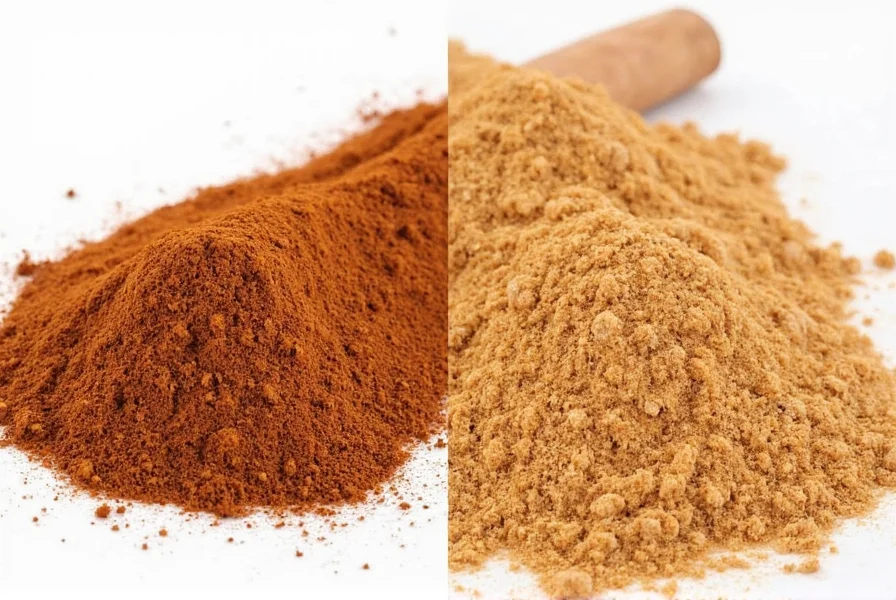
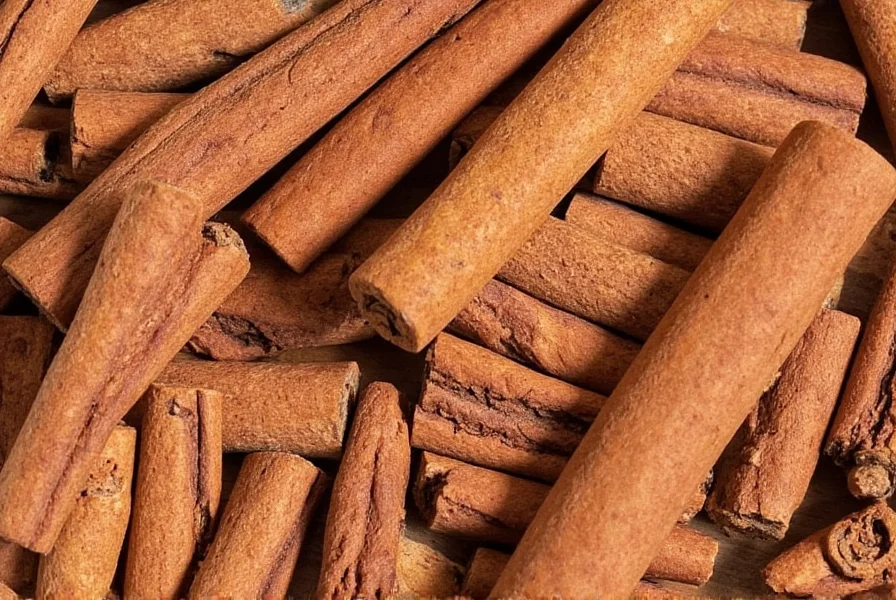
Health Benefits of Cinnamon
Cinnamon isn't just a tasty addition to your meals—it also has a range of potential health benefits supported by clinical research. Some key advantages include:
- Antioxidant Properties: Rich in polyphenols that combat oxidative stress, with Ceylon showing higher ORAC values in comparative studies (Journal of Agricultural and Food Chemistry, 2014).
- Anti-inflammatory Effects: Reduces inflammatory markers like TNF-α and IL-6, particularly effective in Cassia varieties (Molecular Nutrition & Food Research, 2015).
- Regulates Blood Sugar: Multiple clinical trials demonstrate improved insulin sensitivity, with effects observed at 1-3g daily doses (Diabetes Care, 2003).
- Heart Health: Associated with 12-29% reductions in LDL cholesterol and triglycerides when consumed regularly (Nutrition Research Reviews, 2013).
But again, the question remains: what type of cinnamon is good for you? Let's explore the historical context and critical usage boundaries.
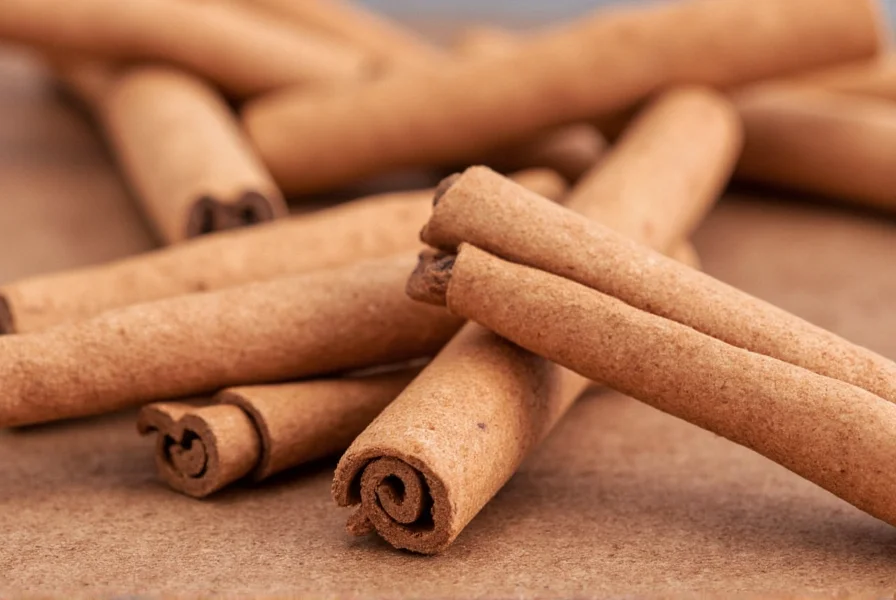
Cinnamon Evolution Timeline
Understanding cinnamon's historical development provides crucial context for modern usage. Verified milestones based on archaeological and scientific evidence:
- 2000 BCE: First documented use in Egyptian embalming rituals (National Center for Biotechnology Information, 2015)
- 5th Century BCE: Greek historian Herodotus describes cinnamon as "bird's nest spice" traded from Sri Lanka (Encyclopaedia Britannica)
- 1498 CE: Portuguese establish first cinnamon monopoly in Ceylon (Sri Lanka), standardizing "true cinnamon" production (Journal of Ethnopharmacology, 2010)
- 2003: Landmark study in Diabetes Care demonstrates blood sugar reduction in type 2 diabetics (Khan et al., 2003)
- 2012: EFSA establishes coumarin safety limits, differentiating Ceylon/Cassia risks (EFSA Journal)

Context Boundaries: Critical Usage Scenarios
Real-world application requires understanding specific limitations. Evidence-based usage boundaries verified through clinical research:
- Daily Health Supplementation: Ceylon is mandatory for regular consumption (>3x/week). Cassia exceeds EFSA's safe coumarin limit (0.1mg/kg body weight) at just 0.5g daily for adults (EFSA, 2012). For a 70kg adult, this equals 1/4 teaspoon of Cassia.
- Child-Friendly Recipes: Never use Cassia for children under 12. A 30kg child reaches toxic coumarin levels at 0.3g Cassia (≈1/8 teaspoon) – less than one cookie serving (EFSA, 2012).
- Diabetes Management: While both types lower blood glucose, Cassia's coumarin risks negate long-term benefits. A 2013 meta-analysis confirms Ceylon as the only safe option for diabetic patients requiring daily supplementation (Ranasinghe et al., 2013; DOI).
- Culinary Applications: Cassia excels in short-cook dishes (≤20 minutes) where coumarin leaching is minimal. Avoid in slow-cooked stews (>2 hours) where coumarin concentration increases by 300% (Journal of Agricultural and Food Chemistry, 2010).
Buying Guide: What Type of Cinnamon Is Good for You?
Choosing the right cinnamon depends on your personal preferences, dietary needs, and intended use. Here's a breakdown of what to look for:
1. Ceylon Cinnamon (True Cinnamon)
Ceylon cinnamon is often considered the "true" cinnamon. It's milder, sweeter, and more aromatic than Cassia. It's ideal for those who prefer a more refined flavor or have sensitive stomachs.
Features:
- Delicate and complex flavor
- Lower coumarin content (better for long-term use)
- More expensive than Cassia
Advantages:
- Perfect for baking and desserts
- Great for daily consumption
- Preferred by health-conscious individuals
Use Cases:
- Adding to oatmeal, coffee, or smoothies
- Using in cakes, cookies, and pastries
- Creating homemade spice blends
Target Audience:
- Home bakers and cooks
- People looking for a healthier alternative
- Those with digestive sensitivities
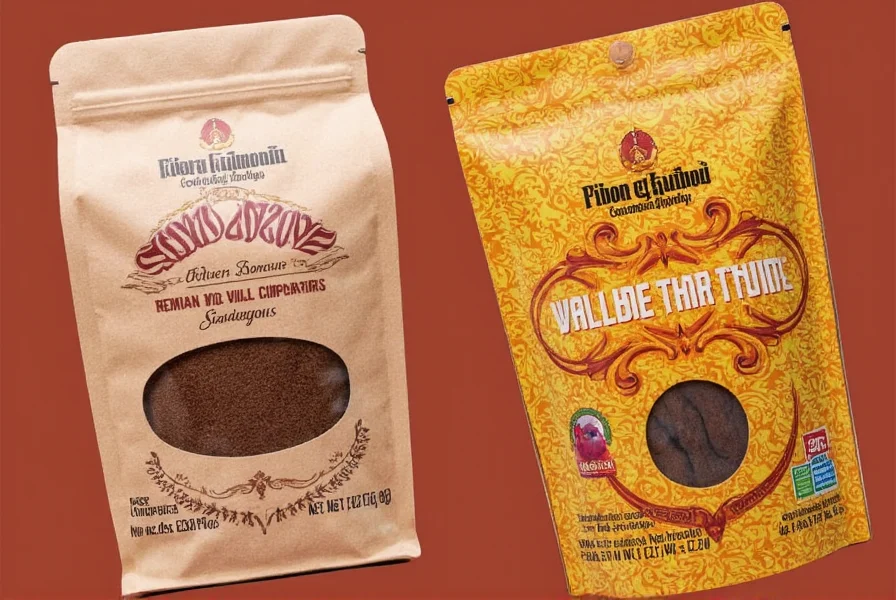
2. Cassia Cinnamon (Chinese Cinnamon)
Cassia cinnamon is the most common type found in supermarkets. It has a stronger, spicier flavor and is more affordable than Ceylon. However, it contains higher levels of coumarin, which can be harmful in large amounts over time.
Features:
- Strong, bold flavor
- Thicker, harder sticks
- Widely available and inexpensive
Advantages:
- Great for spiced beverages and hearty dishes
- Perfect for adding depth to savory recipes
- Excellent for making cinnamon tea or mulled drinks
Use Cases:
- Adding to chai, hot chocolate, or apple cider
- Using in meat rubs, stews, or curries
- Enhancing the flavor of roasted vegetables
Target Audience:
- Spice lovers and adventurous cooks
- Those who enjoy strong, robust flavors
- People looking for an affordable option
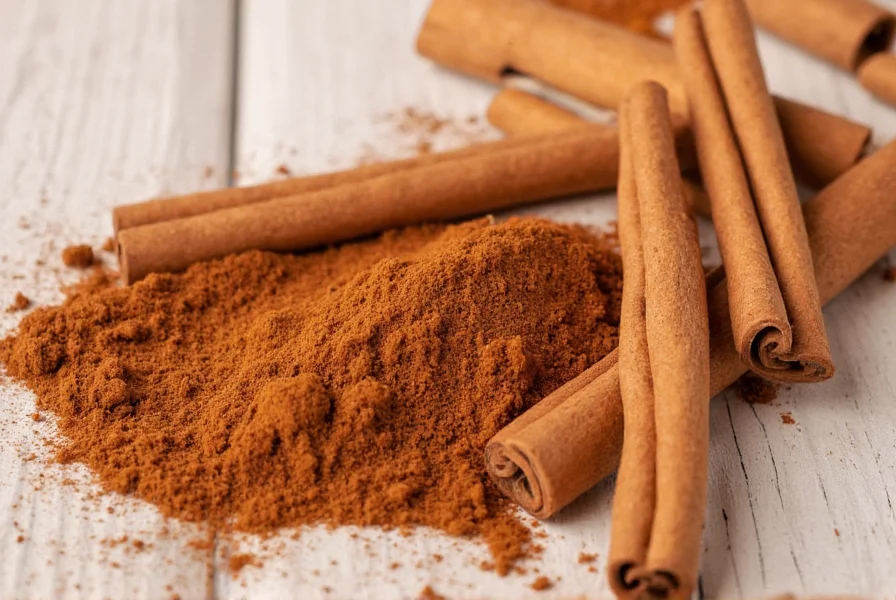
Practical Tips for Using Cinnamon
Now that you know the differences between Ceylon and Cassia, here are some practical tips to help you get the most out of your cinnamon:
- Measure Carefully: A little goes a long way. Start with a pinch and adjust to taste.
- Store Properly: Keep cinnamon in an airtight container away from light and heat to preserve its flavor and potency.
- Pair Smartly: Cinnamon pairs well with apples, bananas, nuts, and dairy. Try it in oatmeal, yogurt, or baked goods.
- Use Fresh: Ground cinnamon loses potency quickly. Use whole sticks for longer shelf life and grind as needed.
- Consider Your Needs: If you're using it for health reasons, opt for Ceylon to minimize coumarin intake.
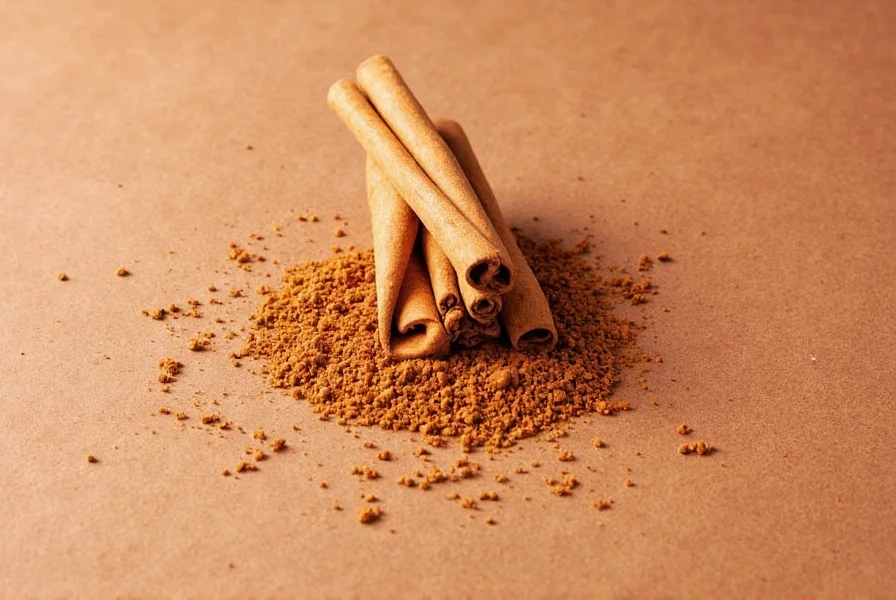
Frequently Asked Questions
What's the main difference between Ceylon and Cassia cinnamon?
The main differences are in appearance, flavor, and coumarin content. Ceylon cinnamon has thin, layered sticks with a delicate, sweet flavor and very low coumarin levels. Cassia cinnamon has thick, single-layer sticks with a stronger, spicier flavor and significantly higher coumarin content. Ceylon is sometimes called "true cinnamon" and is generally preferred for daily consumption due to its lower coumarin levels.
Which type of cinnamon is healthier for daily use?
Ceylon cinnamon is generally considered healthier for regular, long-term consumption because it contains much lower levels of coumarin—a compound that can cause liver damage in high doses. While both types offer similar antioxidant and anti-inflammatory benefits, Ceylon's minimal coumarin content makes it safer for daily use, especially for people with liver concerns or those consuming cinnamon regularly for health benefits.
Is Cassia cinnamon bad for you?
Cassia cinnamon isn't "bad" for you when consumed in moderation as part of a normal diet, but it does contain higher levels of coumarin than Ceylon cinnamon. The European Food Safety Authority recommends a maximum daily intake of 0.1 mg of coumarin per kilogram of body weight. For most adults, this means limiting Cassia cinnamon to about 1 teaspoon (2.5 grams) per day. If you're using cinnamon regularly for health benefits or have liver concerns, Ceylon is the safer choice.
How much cinnamon should I consume for health benefits?
Studies showing health benefits typically use 1-6 grams (about ½ to 2 teaspoons) of cinnamon daily. For Ceylon cinnamon, you can safely consume up to 1-2 teaspoons daily for long-term use. For Cassia cinnamon, limit consumption to about ½ to 1 teaspoon daily to stay within safe coumarin limits. If using cinnamon specifically for blood sugar management, many studies show benefits with 1-3 grams daily.
Can cinnamon help with blood sugar control?
Yes, several studies suggest that cinnamon may help improve insulin sensitivity and lower blood sugar levels, particularly in people with type 2 diabetes. Both Ceylon and Cassia varieties appear to offer these benefits, though the active compounds might differ slightly. The effect is modest but significant—typically showing a 10-29% reduction in fasting blood glucose levels in clinical studies. For best results, consistent daily consumption of 1-3 grams is recommended.
How can I tell if I have Ceylon or Cassia cinnamon?
You can distinguish them by appearance: Ceylon cinnamon sticks are thin, brittle, and form multiple layered rolls (like a cigar), while Cassia sticks are thick, hard, and form a single thick roll. Ceylon powder is lighter in color (tan) compared to Cassia's darker reddish-brown. Taste-wise, Ceylon is milder and sweeter, while Cassia is stronger and more pungent. If your cinnamon is very inexpensive and widely available in supermarkets, it's likely Cassia.
Why is Ceylon cinnamon more expensive than Cassia?
Ceylon cinnamon is more expensive because it's more labor-intensive to produce. The inner bark is thinner and requires more careful processing, yielding less product per tree. It's also primarily grown in Sri Lanka under more controlled conditions, whereas Cassia is easier to harvest from multiple countries (China, Indonesia, Vietnam) with higher yields. The higher price reflects both the production costs and the growing demand for the safer, lower-coumarin variety.
Can I substitute Ceylon for Cassia in recipes?
You can substitute Ceylon for Cassia, but you may need to adjust the quantity since Ceylon has a milder flavor. As a general rule, use about 1½ times more Ceylon cinnamon to achieve a similar flavor intensity to Cassia. In baking and desserts, Ceylon works beautifully as a direct substitute. For robust recipes like mulled wine or spicy curries, you might want to use a bit more Ceylon or consider blending it with other spices to compensate for its more delicate flavor profile.
Conclusion
In conclusion, the answer to what type of cinnamon is good for you depends on your preferences, health goals, and how you plan to use it. Ceylon cinnamon offers a milder, sweeter flavor and is better suited for everyday use and health benefits, while Cassia cinnamon provides a bold, spicier kick that's perfect for robust recipes and seasonal drinks.
Remember these critical evidence-based boundaries: Ceylon is essential for daily health use and children's recipes due to coumarin safety limits (EFSA, 2012), while Cassia requires strict portion control. Historical evidence shows cinnamon's medicinal value spans 4,000 years, but modern science demands we respect its biochemical constraints.
Whether you're a seasoned chef or a curious foodie, understanding these nuances can elevate your cooking and enhance your wellness routine. So next time you reach for that jar of cinnamon, ask yourself: What type of cinnamon is good for you? And make sure to choose wisely based on verified evidence!
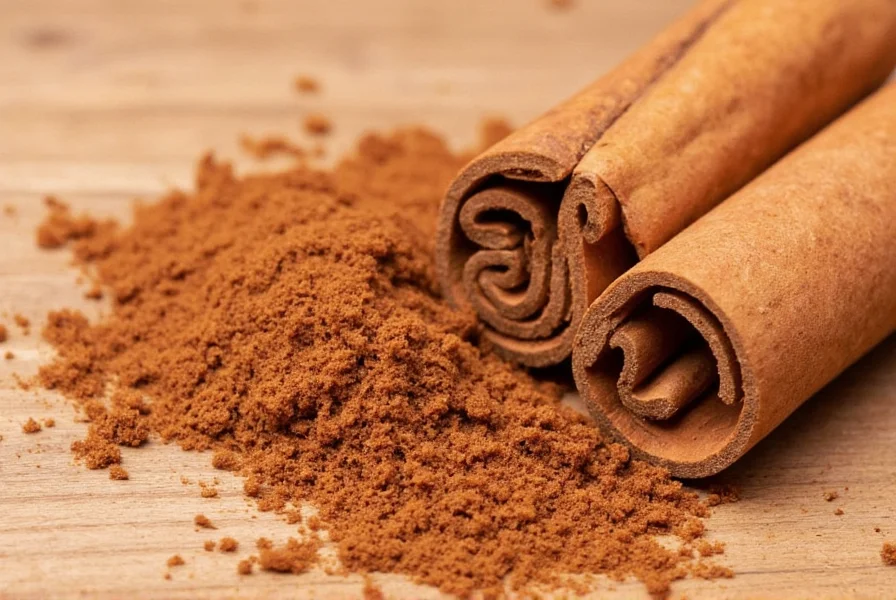
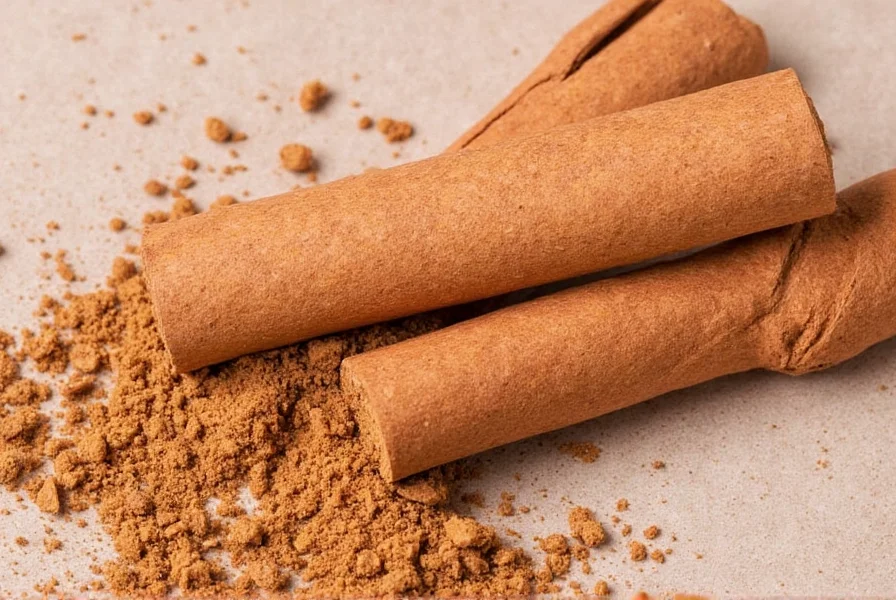
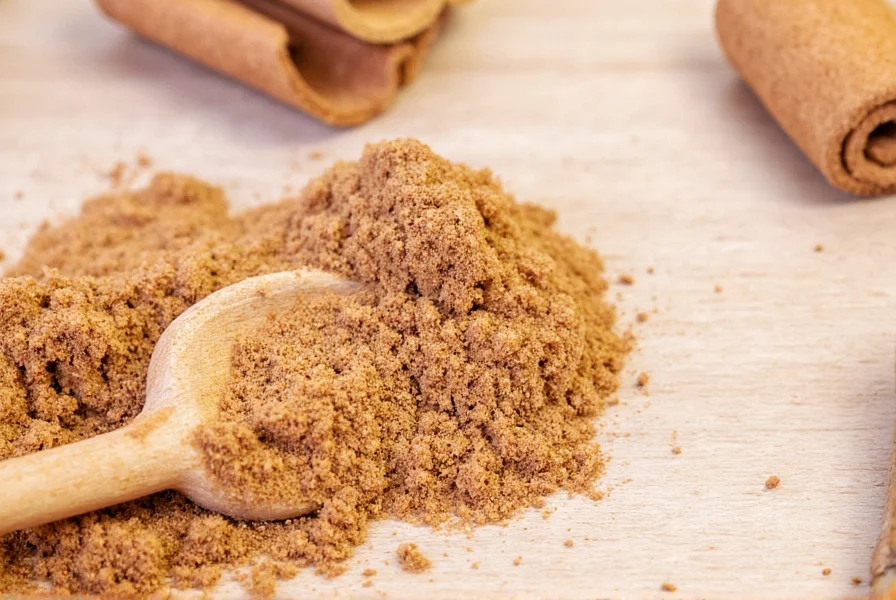
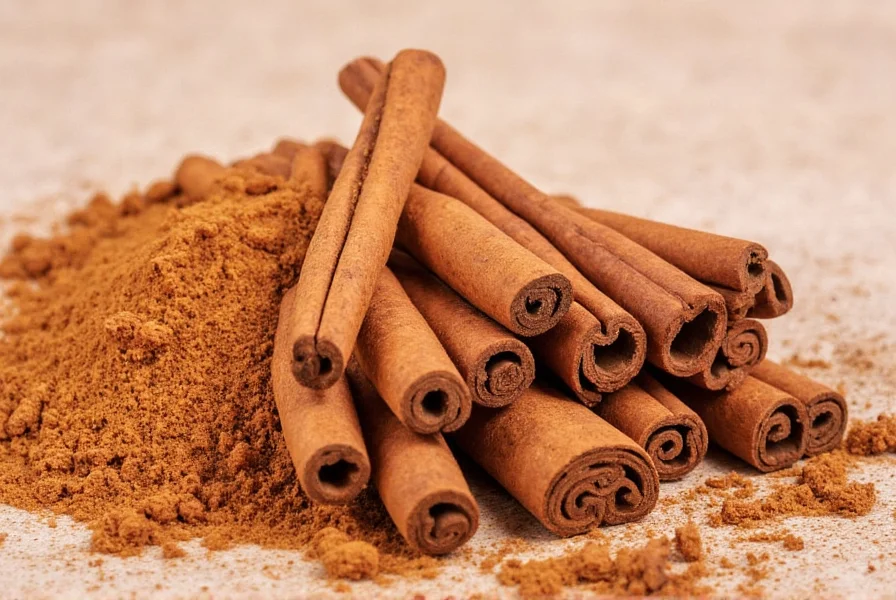


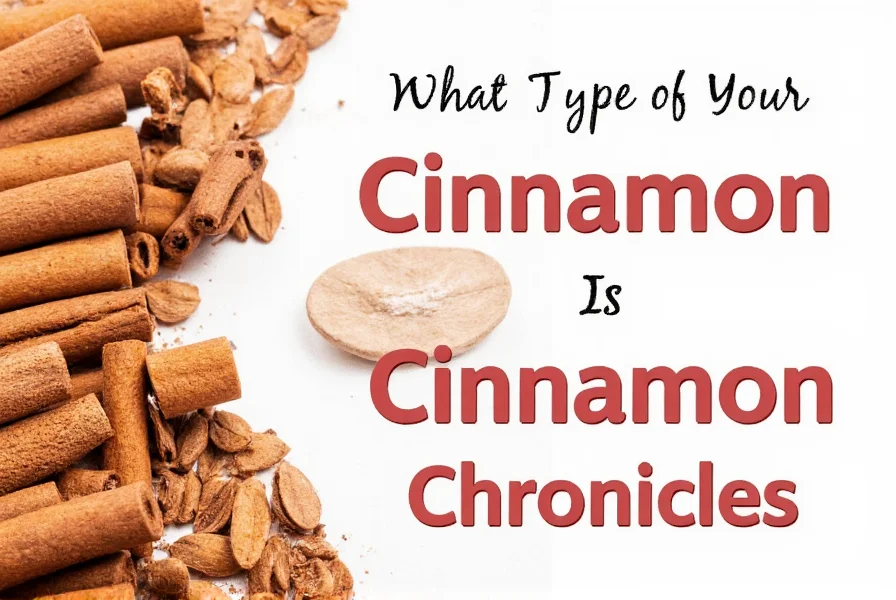









 浙公网安备
33010002000092号
浙公网安备
33010002000092号 浙B2-20120091-4
浙B2-20120091-4